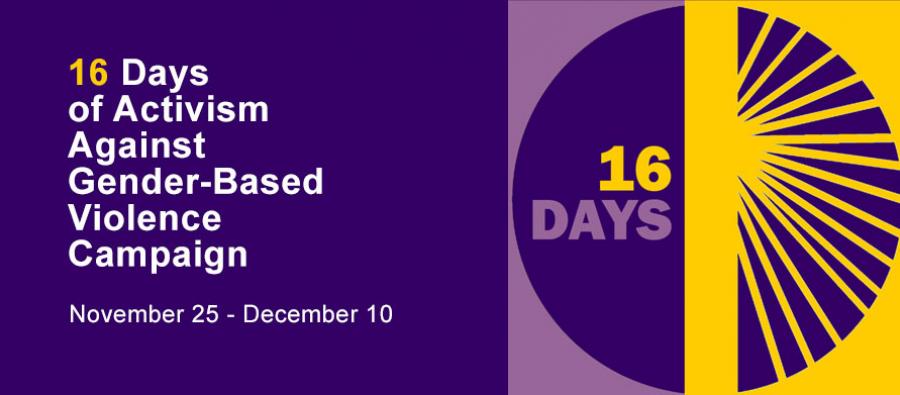For thousands of women across the world, the men closest to them are the most dangerous. The 25th November marked the start of the 16 Days of Activism Against Gender-Based Violence to combat violence against women around the world. With this day came the release of new data by the United Nations showing that an average of 137 women across the world are killed by a partner or family member every day.
The data reveals that over half of 87,000 women killed in 2017 were reported as dying at the hands of those closest to them, with over eight out of ten victims of homicide committed by an intimate partner being female. These deaths include huge numbers of murder-suicides and honour killings, which continue to be widespread across Asia and Africa, but are often unrecorded, therefore not reflected in data.
Violence by an intimate partner is disproportionately enacted on women across the world and not enough is being done to stop this. It is also likely to be worse than perceived, with the UN’s report suggesting the “widely underreported” nature of violence against women. It is time to acknowledge the devastatingly serious abuse that women are subject to everyday across the world.
Gender-related killings are rife in our modern day, so why is the extent of this violence against women not talked about? Women everywhere are being let down; they are not protected in the place they should be the most. Instead of being a safe space of refuge, the home has been declared “the most likely place for a woman to be killed”.
Current feminist movements like MeToo and Time’s Up are undoubtedly essential, and long overdue, but do they do enough to expose the violent abuse enacted on the thousands of women around the world? The aptly named #HearMeToo campaign is an effort to go one further, by giving a voice to women across the world specifically to end the stigma surrounding gender-based violence.
Feminism and humanity must push for an end to the violence against women currently seen. Because this violence occurs in the home it is seen as a personal matter, rather than the global crisis that it actually is. This attitude must be changed if we are to have any hope of improving women’s position in the world.
We must work harder to help women who are suffering. There has to be greater awareness of the signs of domestic violence, so that whole communities can recognise abuse. More preventative measures should be put in place by promoting healthy relationships to children and teaching them about dangerous misogynistic attitudes. More money must go towards refuges for women escaping domestic abuse and governments should follow the lead of New Zealand MPs, who recently implemented legislation to give paid-leave to victims fleeing domestic abuse. Women need full economic freedom if they are to be able to leave an abusive partner. There is so much more that can and should be done to support women globally.
The silence surrounding the extent of violence against women must end now. It is not enough to question why a woman didn’t leave her abusive partner, instead we must start realising how we can recognise and help women in trouble.
Molly Butler-Crewe
[Image: Oxfam International]

